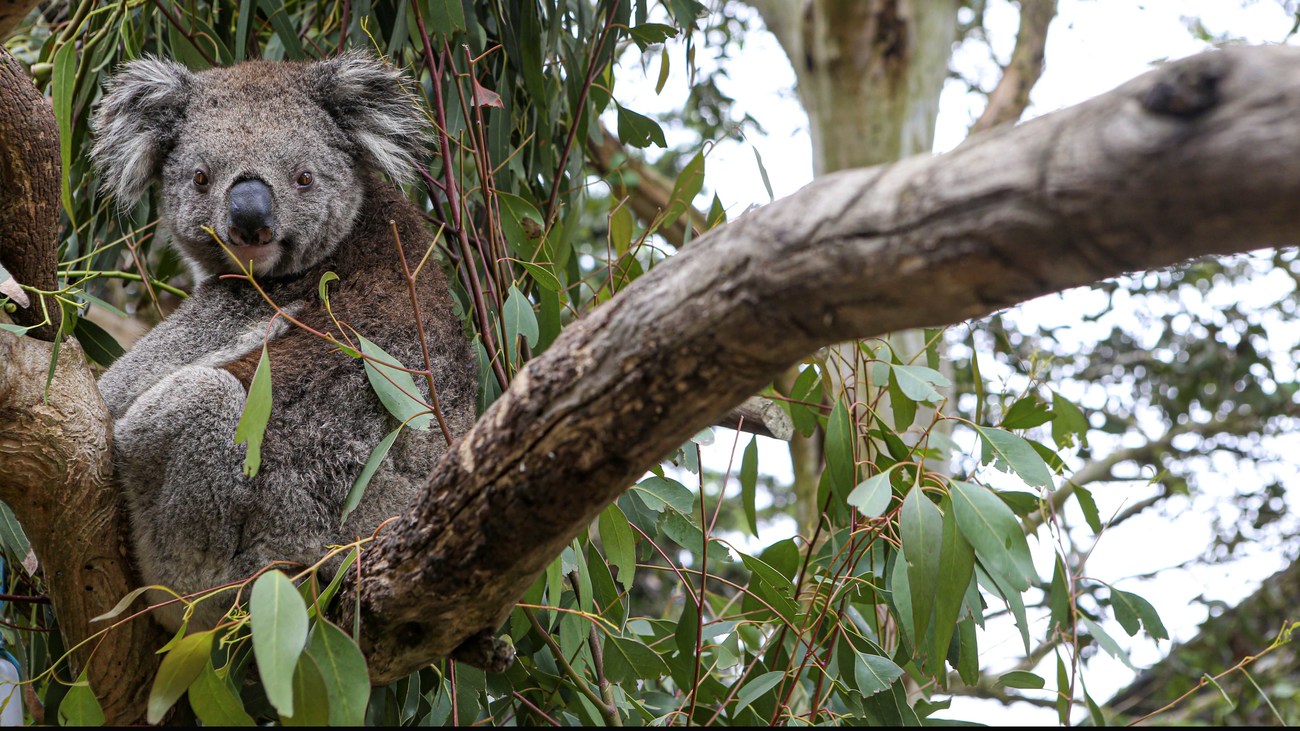Josey Sharrad
koalas on the endangered list—what it means for their future
koalas on the endangered list—what it means for their future

The up-listing of east coast koalas from Vulnerable to Endangered is something IFAW campaigned for over the past two years, since the Black Summer fires struck at the heart of already struggling vulnerable koala populations, pushing them to the brink.
But, when the news finally came, it was bittersweet.
Bitter in that it is now official—the species is one step further along the road to extinction.
Australia holds the shameful title of having the world’s worst mammal extinction rate. Now the koala, one of our most iconic and loved animals is at real risk of joining that list.
Bitter in that it could have been avoided. The writing has been on the wall for the species for a long time, yet business as usual has continued, with koalas losing out to the interests of big development time and time again.
Sweet, in that their dire situation has finally been officially recognised and our call has been answered.
Is it a campaign success? It’s complicated
The campaign was a truly ‘koalaborative’ effort and garnered the support of over a quarter of a million people around the world. Thank you to each and every one of you who joined our call.
However, the fact koalas have gone from Vulnerable to Endangered in a decade is not something to be proud of.
It should serve as a stark warning that something needs to radically change if we don’t want to see them hit the Critically Endangered list in another 10 years’ time, and extinct by 2050.
It is also meaningless unless we address the root cause of the species’ decline—habitat loss and climate change. Without this, it’s a mere band-aid.
It remains to be seen whether it will provide the level of protection koalas so desperately need against harmful developments, one of which is currently threatening Sydney’s last remaining healthy koala population.
It’s also important to remember that the endangered listing doesn’t apply to koala populations in Victoria and South Australia, due to their more abundant populations. However, numbers don’t always tell the full story and these koalas face just as many threats—the number one being habitat loss.
As the trees they call home are bulldozed to make way for swathes of blue gum plantations, koalas are forced to move into temporary homes, only to be killed, injured and displaced during harvesting. This is a welfare crisis we simply cannot ignore.
So, while this can most certainly be acknowledged as a campaign success, it is not a victory and it is not the end.
There is so much more work to be done. Koalas don’t stand a chance unless we stop cutting down the trees they call home.
The real victory will come when koalas everywhere are given the protections needed and the room to roam so they can thrive in the wild.
- Josey Sharrad, IFAW Wildlife Campaign Manager, Oceania
To learn more about what the uplisting means in NSW, click here.
Related content
Our work can’t get done without you. Please give what you can to help animals thrive.